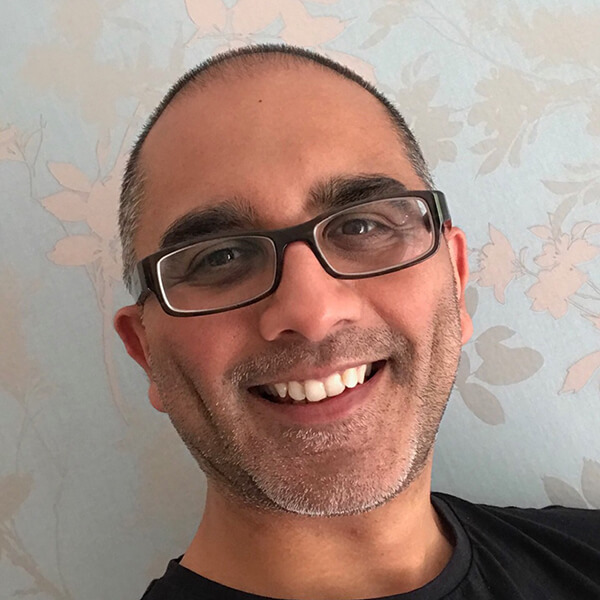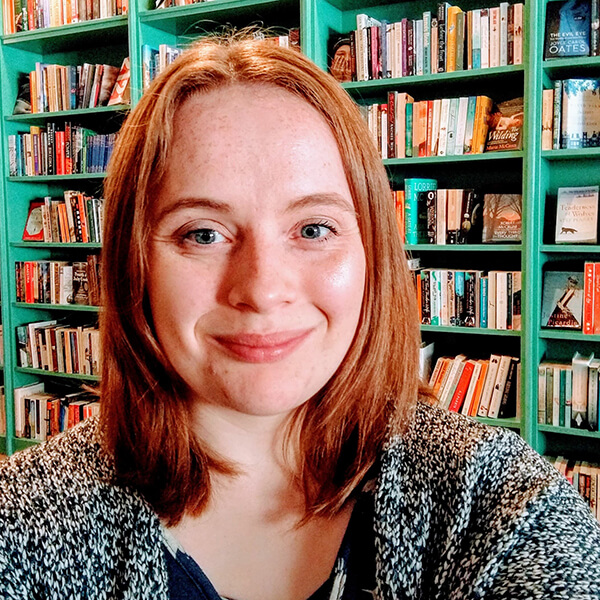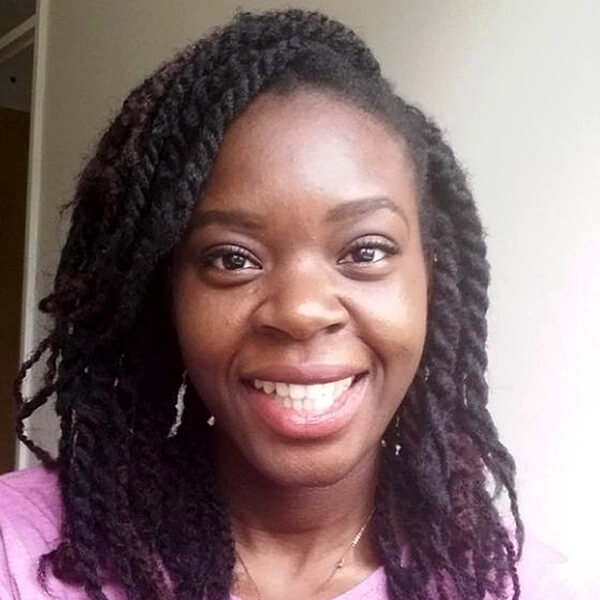About Occupational Therapy
A career centred on people
Helping children to gain the confidence they need to get on in life. Supporting individuals to get back on their feet. Empowering older people to be more independent. Occupational therapy is all of this – and more.

ABOUT OCCUPATIONAL THERAPY
A career that will
fulfil you
Occupational therapy helps you live your best life at home, at work – and everywhere else. It’s about being able to do the things you need, want and have to do. That could mean helping you overcome challenges playing sport, learning at school, going to work or simply doing the dishes.
As an occupational therapist, you’ll use your creativity and problem-solving skills to support people who find some areas of life difficult. That means talking to them to understand their needs, seeing challenges through their eyes, and helping them find ways to overcome those challenges. It makes occupational therapy an incredibly rewarding profession. It doesn’t get much better than knowing you’ve helped someone to live their life to its fullest.
THE SCIENCE BEHIND IT
Deliver holistic, life-changing care
A health and social care profession, occupational therapy brings together a number of different skills.
It encompasses areas like anatomy and physiology, psychology, sociology, pathology, learning disabilities and mental health. You’ll look at how different health conditions, environmental factors, activities and life events can impact upon people’s sense of self, their relationships and their careers. And then you’ll work with each individual to find the best way forward.
A VARIETY OF WORK
Understand needs, identify barriers, develop strategies
You’ll help people of all ages to do the things they need or want to do. You could be working with offenders who have mental health conditions. Liaising with architects to develop spaces for people with learning disabilities. Supporting children to reach their goals. And plenty more besides.

Rupesh Nayee
“I really enjoy making a connection with someone, understanding what’s important to them.”
Read more
Francesca Smart
“I love that I can support people to achieve their goals and become more independent.”
Read more
Natasha May Powell
“I can be creative and work with people to find solutions to their problems.”
Read more
Rosemarie Adams
“Each individual’s situation and recovery is unique. This encourages the exploration of new advances in treatment approaches.”
Read more
Monica Iofciu
“It’s a career where we can learn every day, especially because no two days are ever the same.”
Read more


